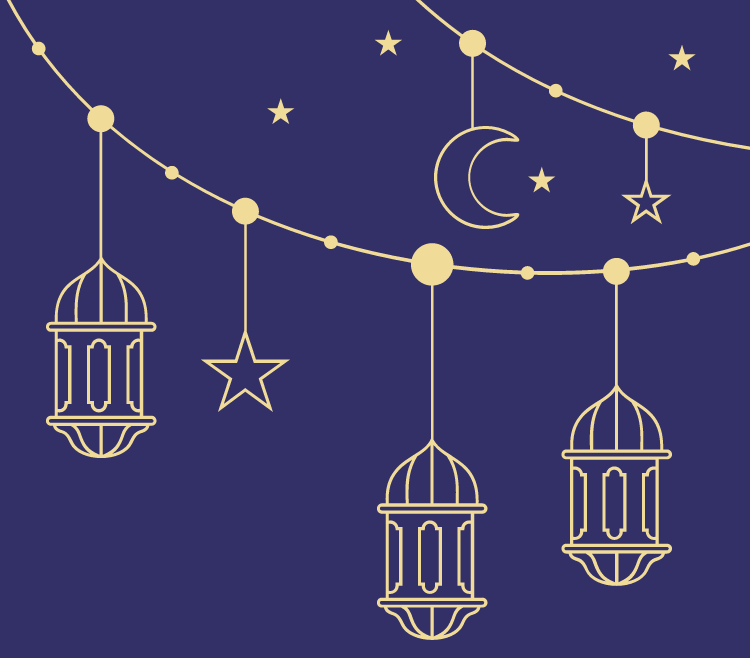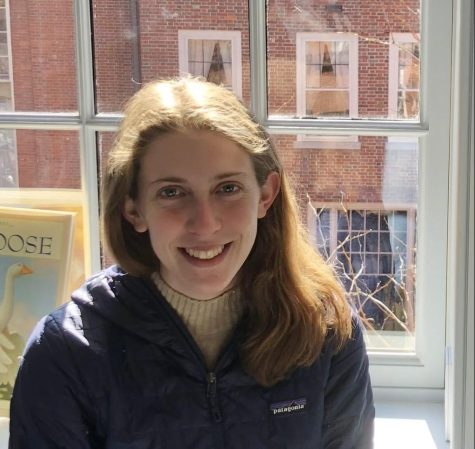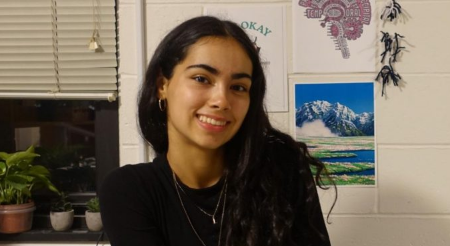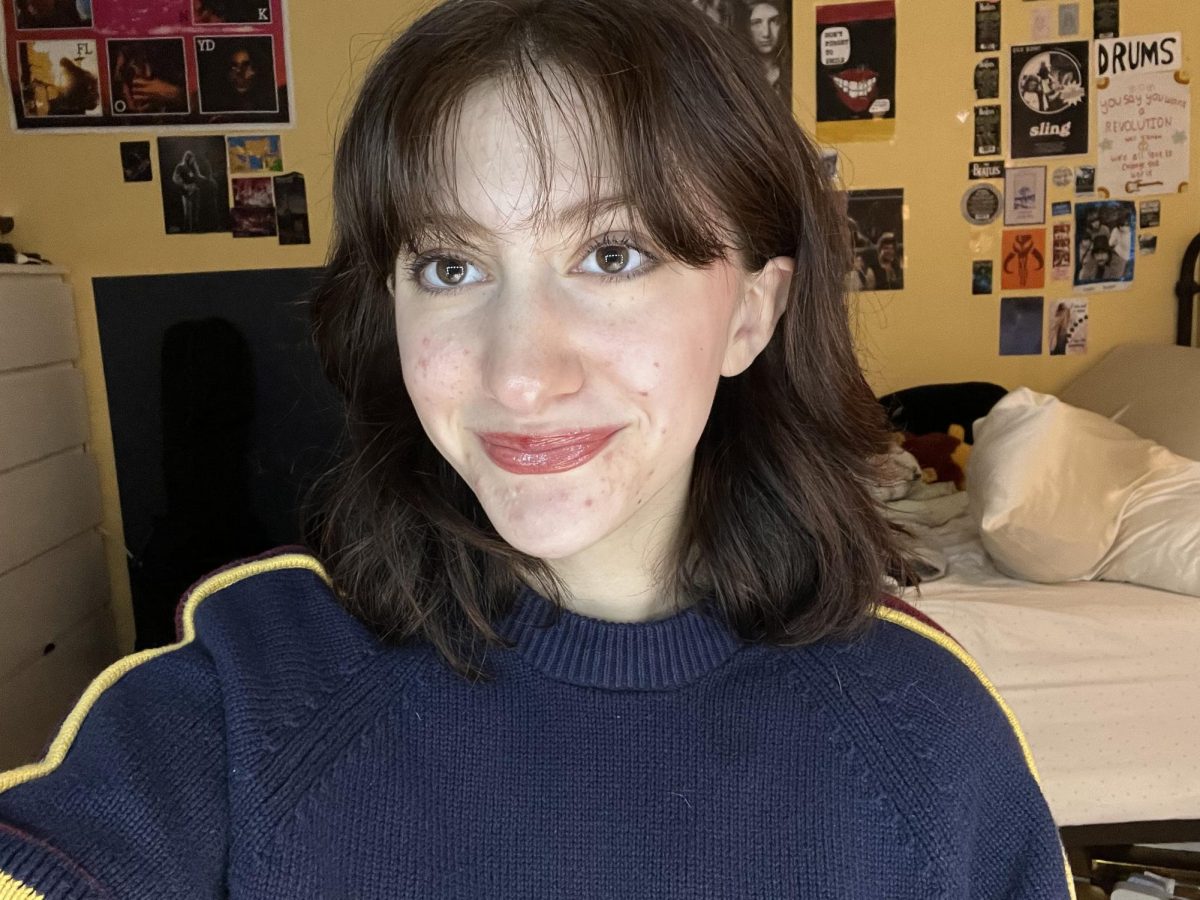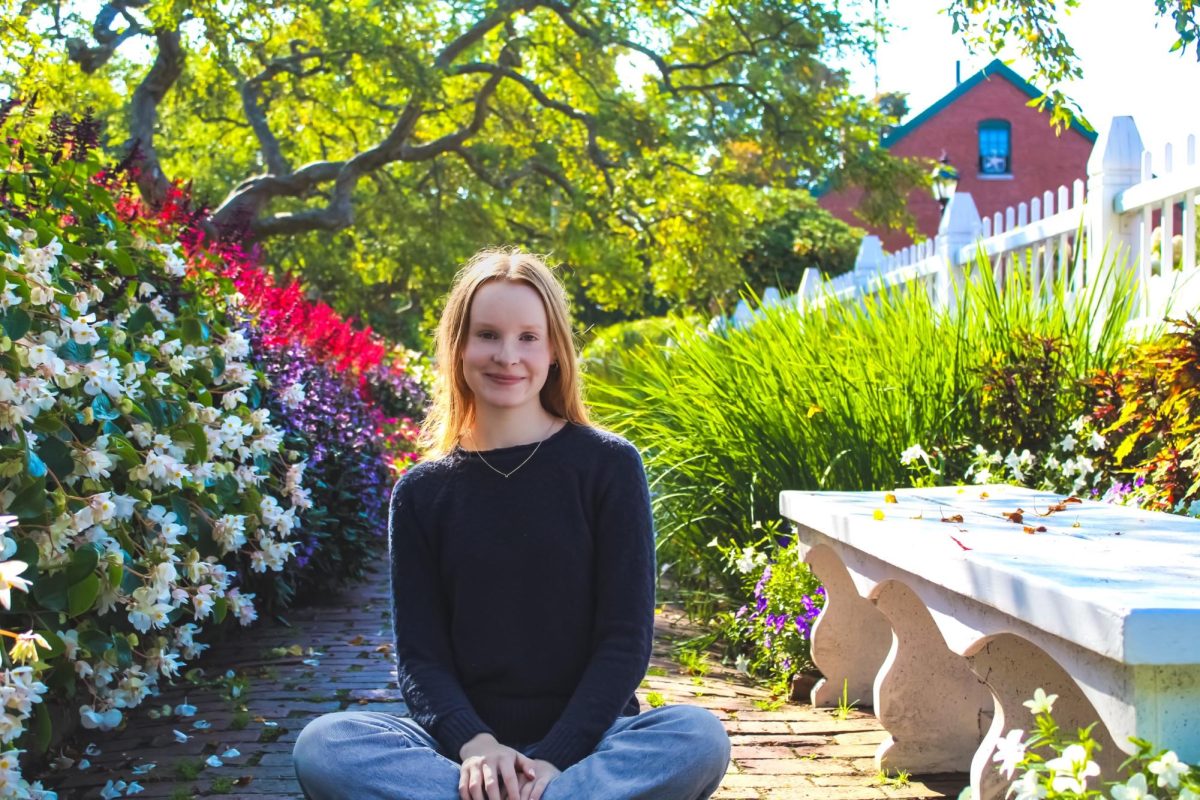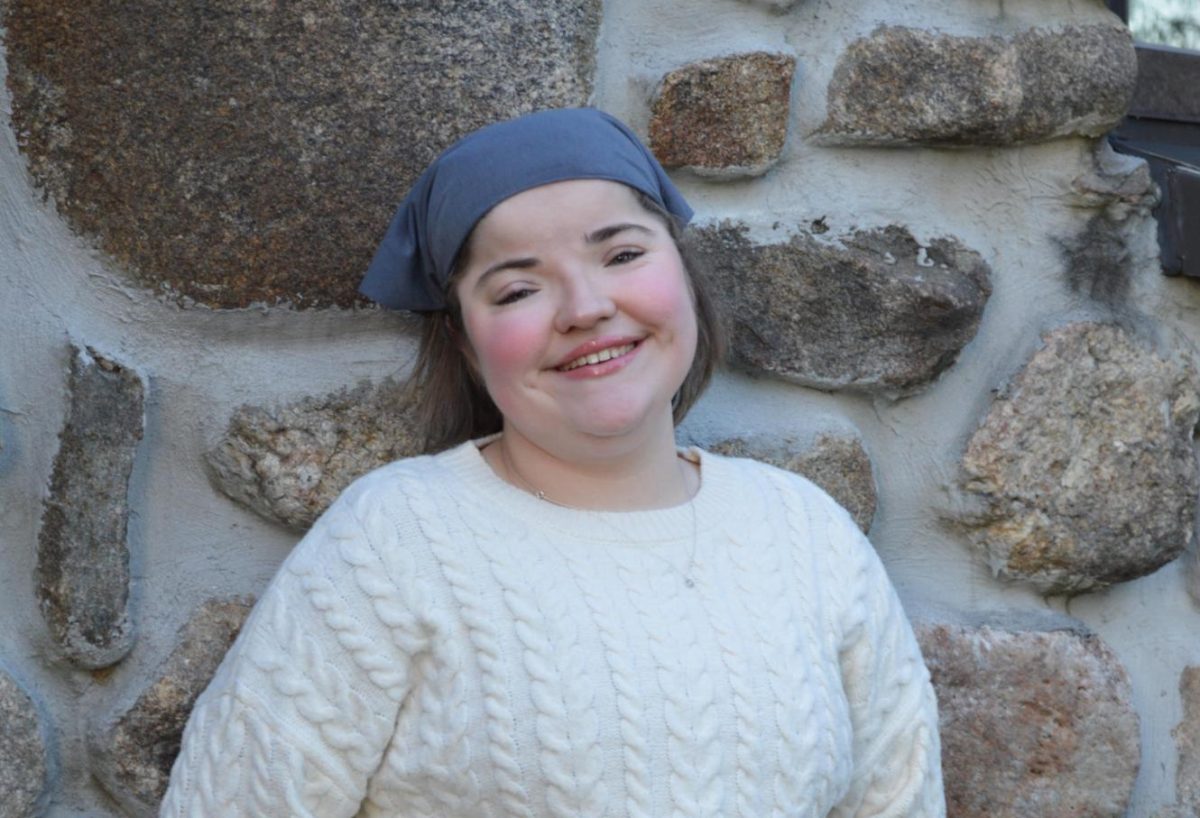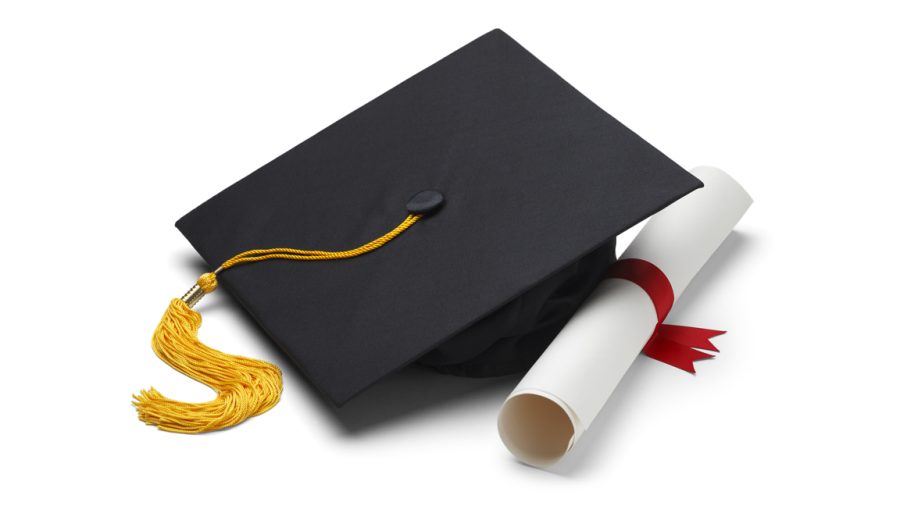The Islamic month of Ramadan is coming to an end this week.
Ramadan happens at a slightly different time every year, because the Islamic calendar is lunar (follows the cycle of the moon). The Gregorian calendar, which is used in the US, is solar (follows the sun).
This year, Ramadan began on the evening of March 10 and will end on either Tuesday April 9 or Wednesday April 10 with the holiday of Eid al-Fitr.
Following the cycle of the moon, the new Islamic month starts when a thin crescent moon is started, so if the moon is spotted on Monday night, Eid will be on Tuesday. But if the moon isn’t spotted on Monday, Eid will be on Wednesday. On Eid, people go to the mosque, get together, and celebrate with a meal.
We spoke with two students, Maryam Badmos ‘24 and Fatima Foladi ‘24, about what Ramadan means to them, how they celebrate it, and what they wish more people knew about it. Read their responses to our questions below!
What is Ramadan?
Maryam Badmos: First, I wouldn’t describe Ramadan as a holiday. It’s a month, the 9th month of the Islamic Calendar. Fasting [from sunrise to sunset] is the main component of the month, but that’s not all there is to it.
During Ramadan, Muslims try to get closer to God by doing more good deeds, giving charity, reading the Quran, and going to the Mosque. These are things Muslims do year round, of course, but in Ramadan we put in extra effort to go above and beyond.
Fatima Foladi: Ramadan is like a month-long celebration where my family and friends come together to fast during the day and enjoy delicious meals at night. It’s a special time filled with love, prayer, and reflection on our faith.
What is the experience of fasting like, especially during the school day?
Badmos: The first few days of fasting during school are always the hardest. I get headaches and just feel really tired, and it’s worse being in school, because I still have to do my work.
I’m always tired because I was up late at the mosque the night before, and then I woke up super early to eat before fasting. As the month goes on, though, it definitely gets easier as you get used to fasting. Being in school helps the time pass by, and by the time I get home it’s already almost time to eat. I’ve been fasting in school for like 8 years, so I’m not bothered when my friends are eating around me.
Foladi: I often feel hungry and thirsty during the day, but it also teaches me patience and gratitude. It’s tough to concentrate sometimes, but knowing that I’m doing it for a greater purpose helps me stay motivated.
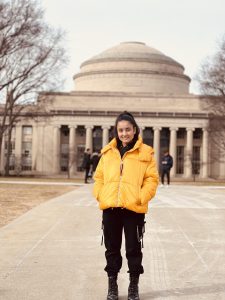
Also, Ramadan shows a lot of consideration for people who might find fasting tough. Like, if you’re a female and you’re on your period, you don’t have to fast. It’s a rule that’s there to make sure everyone feels okay during the holy month. In Islam, they understand that fasting can be hard, especially if you’re dealing with stuff like menstruation, pregnancy, or breastfeeding. So, during Ramadan, if you’re going through any of that, you’re totally exempt from fasting. It’s pretty cool how they’ve got these allowances built right into the tradition to look out for people’s health and comfort.
What misconceptions do people sometimes have about Ramadan?
Badmos: One misconception I’ve had to explain is that fasting is not all there is to it. When you’re fasting, you’re supposed to try to be a good person, and say good things. So no cursing, no insults, no gossiping, and avoiding listening to music. Also, many people don’t know that you can’t drink water, either. “Not even water?” is a common question I get.
Foladi: One misconception I’ve noticed is that people think Ramadan is only about not eating. But it’s about more than that—it’s about self-improvement, empathy for others, and strengthening our relationship with God.
Can anyone celebrate Ramadan?
Badmos: Yes! Anyone can participate in fasting if they’d like. I have friends who fasted a day with me at the beginning of the month. The mosque is open to anyone interested, so if you wanted to come to the mosque to break your fast or pray the night prayers, Taraweeh, no one would kick you out.
Foladi: While Ramadan is primarily observed by Muslims as part of their religious tradition, anyone can join in the spirit of Ramadan by fasting or participating in acts of charity and kindness.
Why is Ramadan important to you?
Badmos: [I definitely value] going to the masjid (mosque) every single day.
Foladi: Ramadan means a lot to me because it’s a time of spiritual growth and connection with God. Fasting helps me appreciate the blessings in my life and reminds me to be grateful for everything I have. It’s also a time for self-discipline and becoming a better person.
My favorite part of Ramadan is the sense of community and joy that comes with breaking the fast together with my family and friends. It’s a time when we share meals, laughter, and prayers, which makes it really special.

